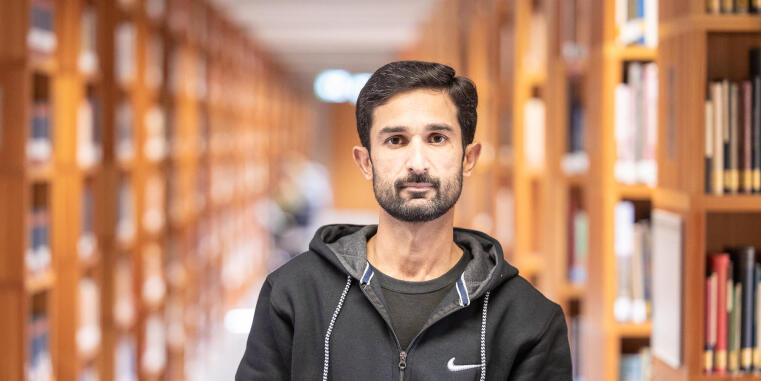

Research Area
The state of science today is not what it needs to be. The majority of people on the planet do not have access to all the research they require because the publishing and communication processes are costly, slow, and because a large portion of the research process is frequently redundant and rife with dubious research techniques and widespread reproducibility failures. Commercial interests frequently influence the dissemination of information, preventing public access to research through the use of copyright while also supporting a system of journal-based research review that has given rise to numerous severe concerns. This is happening at a time when the earth is dealing with serious problems related to climate change, catastrophic biodiversity loss, poverty, access to high-quality education, and issues with the availability of energy, food, and water. It also occurs at a time when public confidence in science is under increasing scrutiny (Tennant, 2019).
In this scenario, a call for the opening of the doors to information has been made by the open science movement, which developed from the scientific community and expanded quickly across nations. This call is being joined by investors, business owners, decision-makers, scholars and academics. A movement known as “open science” aims to increase the accessibility, efficiency, openness, democracy, and transparency of the scientific method and its results (UNESCO report, 2021). This movement has gained momentum in recent years, and it is increasingly becoming a mainstream approach to scientific inquiry.
This disseration project investigated the open science concepts in Pakistan. The study mainly focuses on analyzing Pakistani researchers’ awareness, perceptions, and attitudes, towards open science. An “explanatory sequential mixed methods design” is used to achieve the objectives. This type of mixed methods consists of two consecutive phases of data collection including survey and interviews. The data were collected from researchers of the 12 universities in Pakistan. Descriptive as well as inferential statistics were used to analyze the quantitative data, while thematic analysis will be used to analyze qualitative data.
The dissertation was succefully completed and was defended on 19 September 2025. The dissertation is published at https://doi.org/10.18452/35013.
Conferences, Workshops and Lectures
- Lecture “The Potential of Open Science in Pakistan: Evidence from the Global South”, Arslan Sheikh (COMSATS University Islamabad, Pakistan), 29 January 2024, Münster
Publications
- Sheikh, Arslan (2025): The Potential of Open Science in Pakistan. Evidence from the Global South. Berlin: Publication server of the Humboldt-Universität zu Berlin. https://doi.org/10.18452/35013 (Dissertation)
- Jilani, M. A, Sheikh, A, Shah, FA, & Saqlain, S. M. (2025): Usability Evaluation of Academic Library Websites: A Systematic Literature Review. Information Discovery and Delivery. Vol. ahead-of-print No. ahead-of-print. https://doi.org/10.1108/IDD-09-2024-0144
- Sheikh, A. (2024). Public Access to Books and University Libraries in Pakistan: Prospects and Challenges. Recht und Zugang 3-2024, p. 221–228. https://doi.org/10.5771/2699-1284-2024-3-221
- Khan, Muhammad Kabir; Aleem, Hafiz Muhammad Tahir; Sheikh, Arslan; and Masrek, Mohamad Noorman (2024): Mapping Success: SWOT Analysis of Roots Millennium University Libraries in Pakistan. Library Philosophy and Practice (e-journal). https://digitalcommons.unl.edu/libphilprac/8235/
Researchers

